‘Inclusion ready’ in a digital age
The Pathways for Prosperity Commission (2018 – 2020) has now concluded. The Co-chairs, Commissioners and Secretariat are no longer serving in this capacity beyond January 2020.
The new wave of technology is radically transforming people’s lives and livelihoods. But, will the digital age benefit the world's poorest people? Developing countries have a chance to harness the new wave of frontier technologies now and chart their own new pathways for prosperity. Wiring nations to be digital, connected, and inclusive.
With three billion people predicted to be offline still in 2023, with many more failing to reap the internet’s full potential – the time to address digital exclusion is now. The Pathways Commission provides hard evidence to help developing country governments navigate their digital pathways - enabling them to take control and chart their own pathways for prosperity.
It's time to have a new kind of conversation – one that involves governments, business leaders and innovators, civil society and citizens. Developing countries need to take control of technologies, harness their power for change, and act now to chart their own pathways for prosperity.
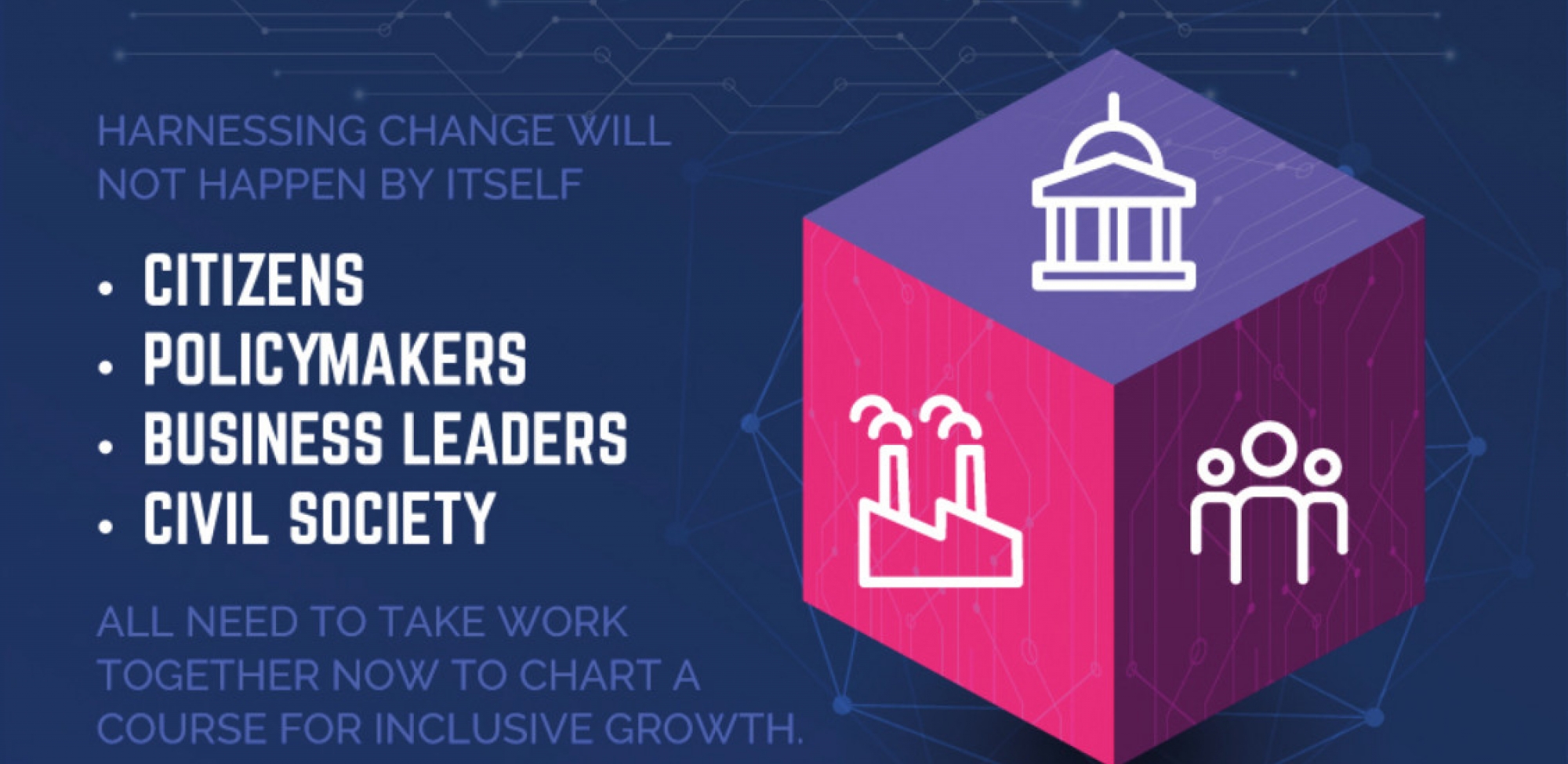
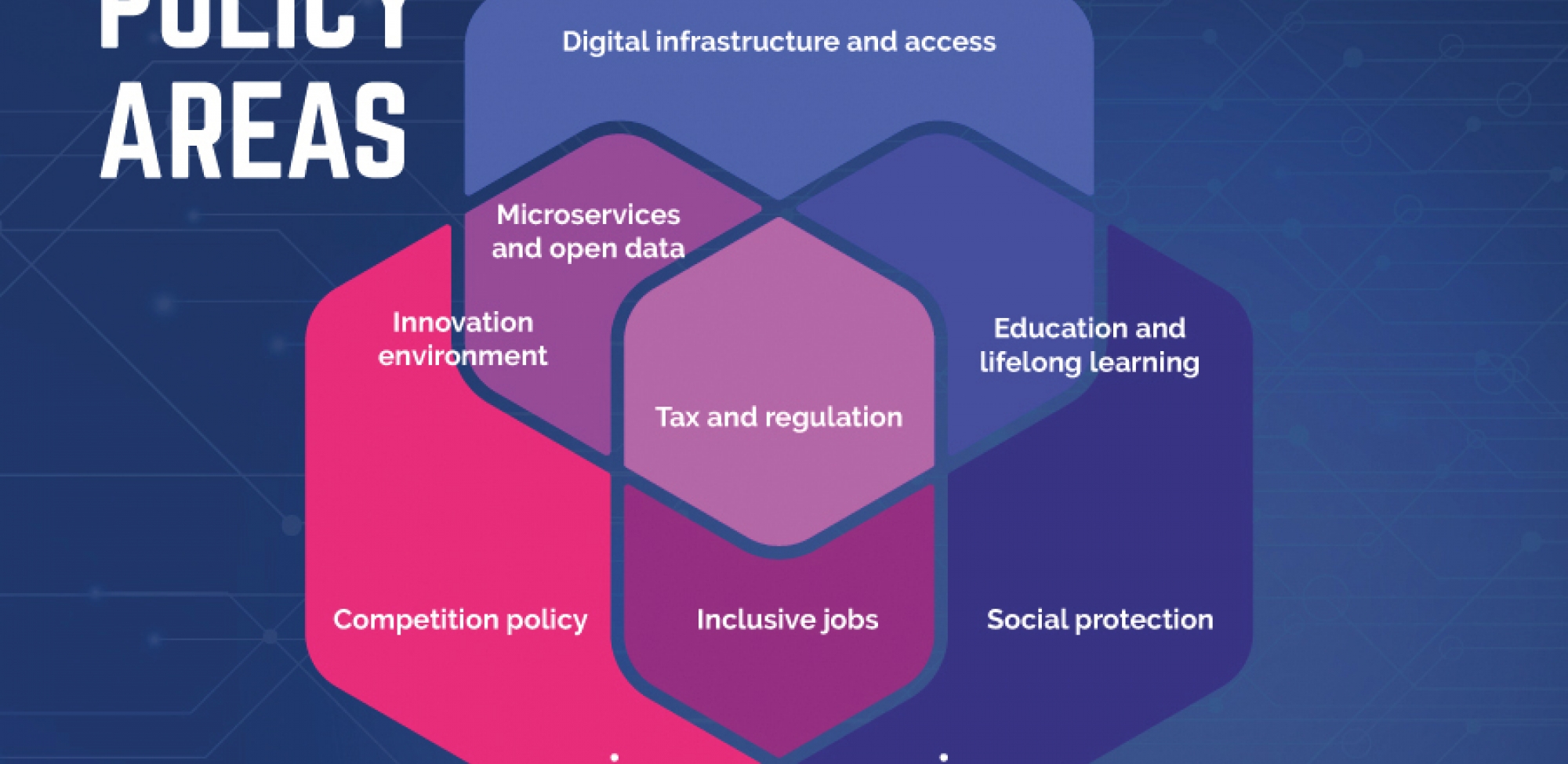
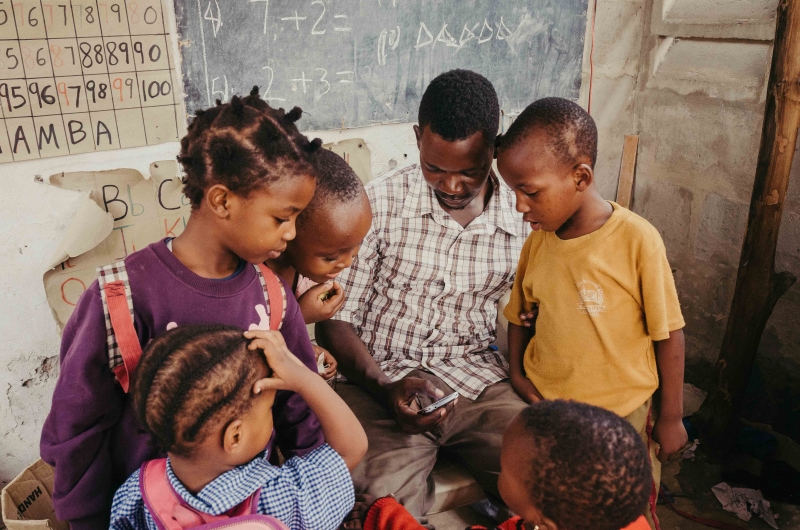
The Pathways for Prosperity Commission on Technology and Inclusive Development - launched in January 2018 - is proud to work with a diverse group of commissioners who are global leaders from government, the private sector and academia.
Hosted and managed by Oxford University’s Blavatnik School of Government, the Commission collaborates with international development partners, developing country governments, private sector leaders, emerging entrepreneurs and civil society. It aims to catalyse new conversations and to encourage the co-design of country-level solutions aimed at making frontier technologies work for the benefit of the world’s poorest and most marginalised men and women.
For more information about our commissioners and our please secretariat see below.
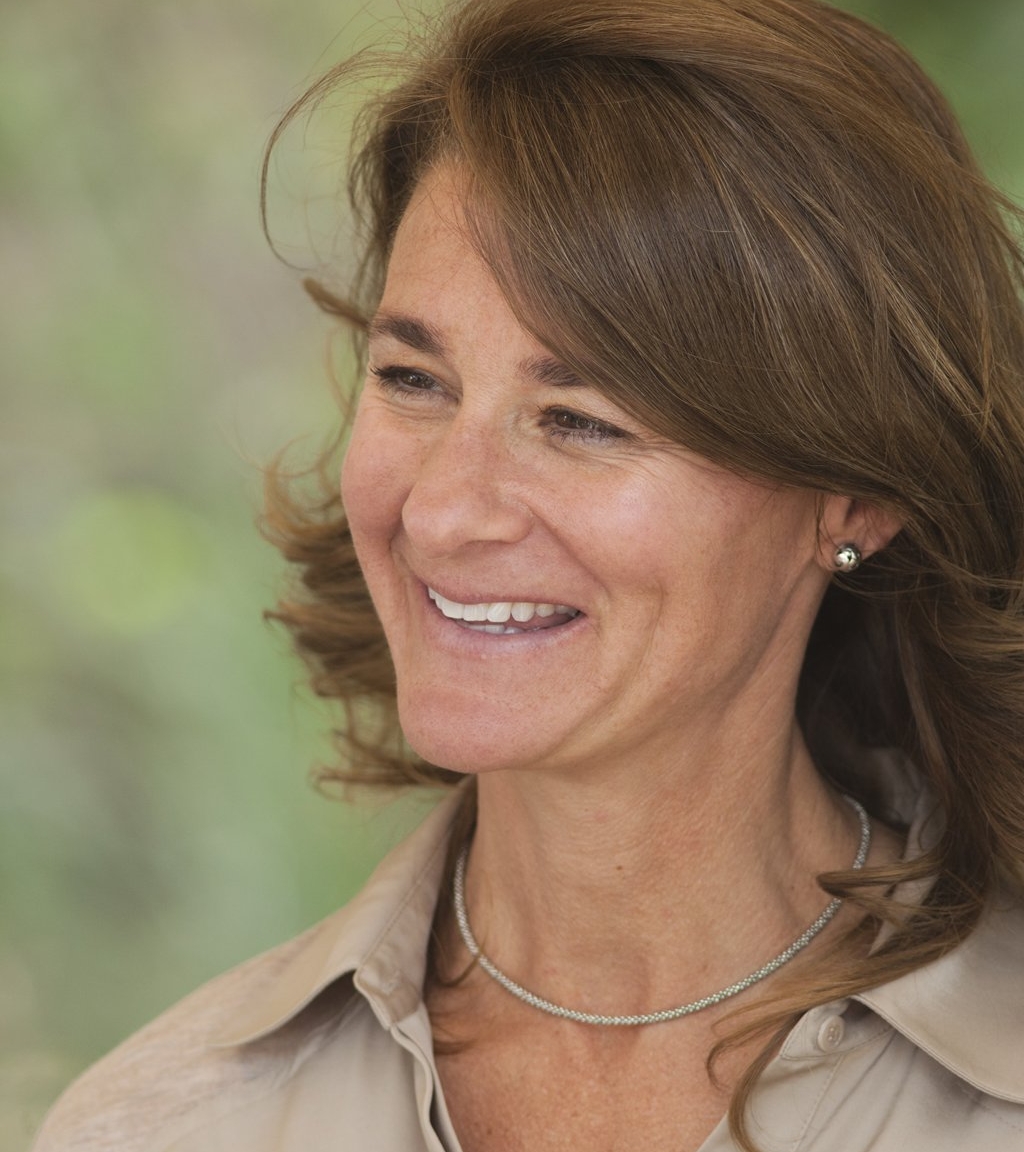
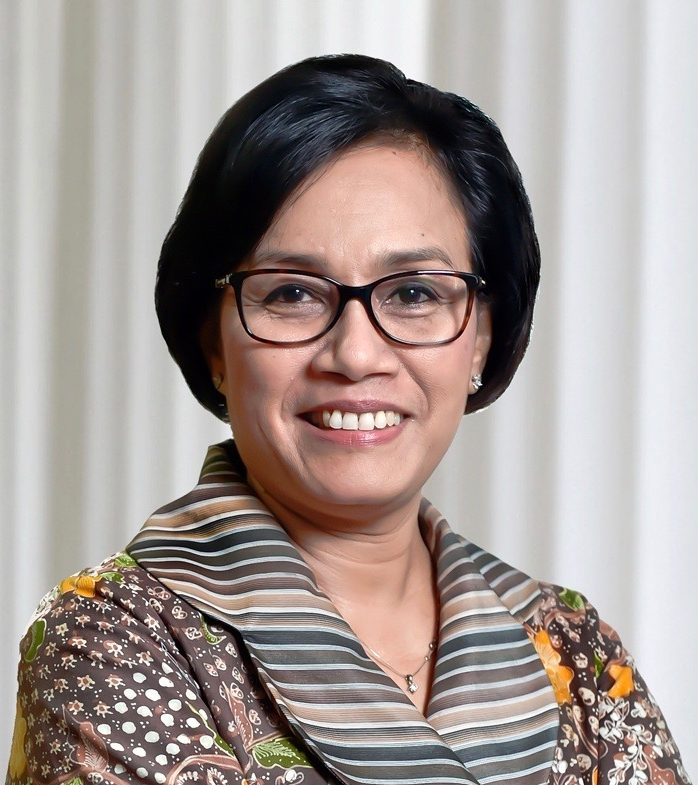
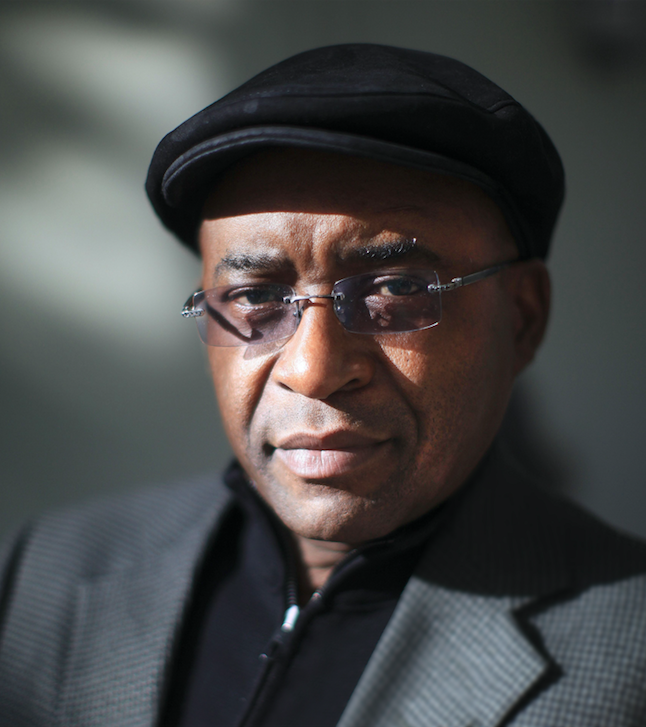
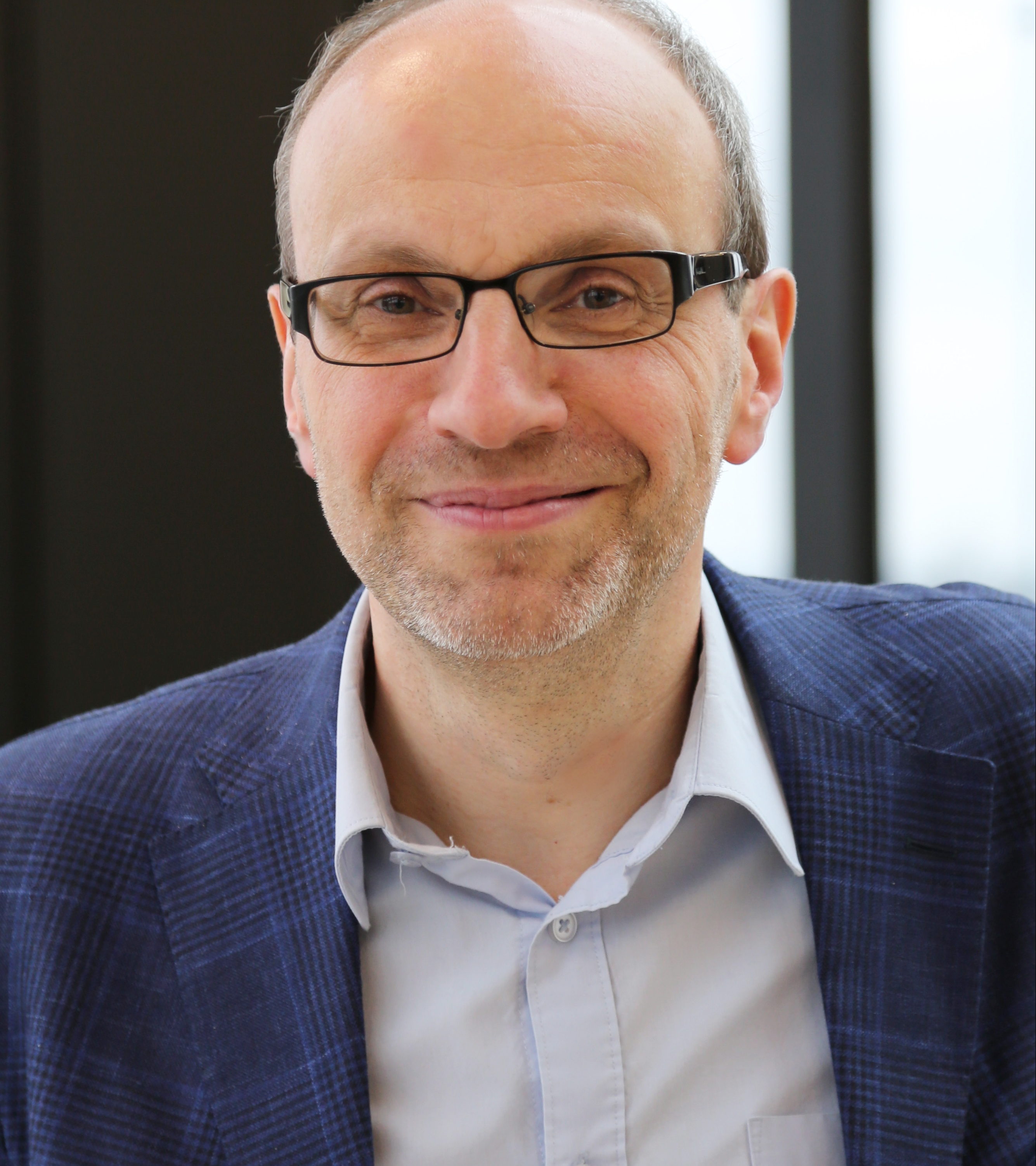
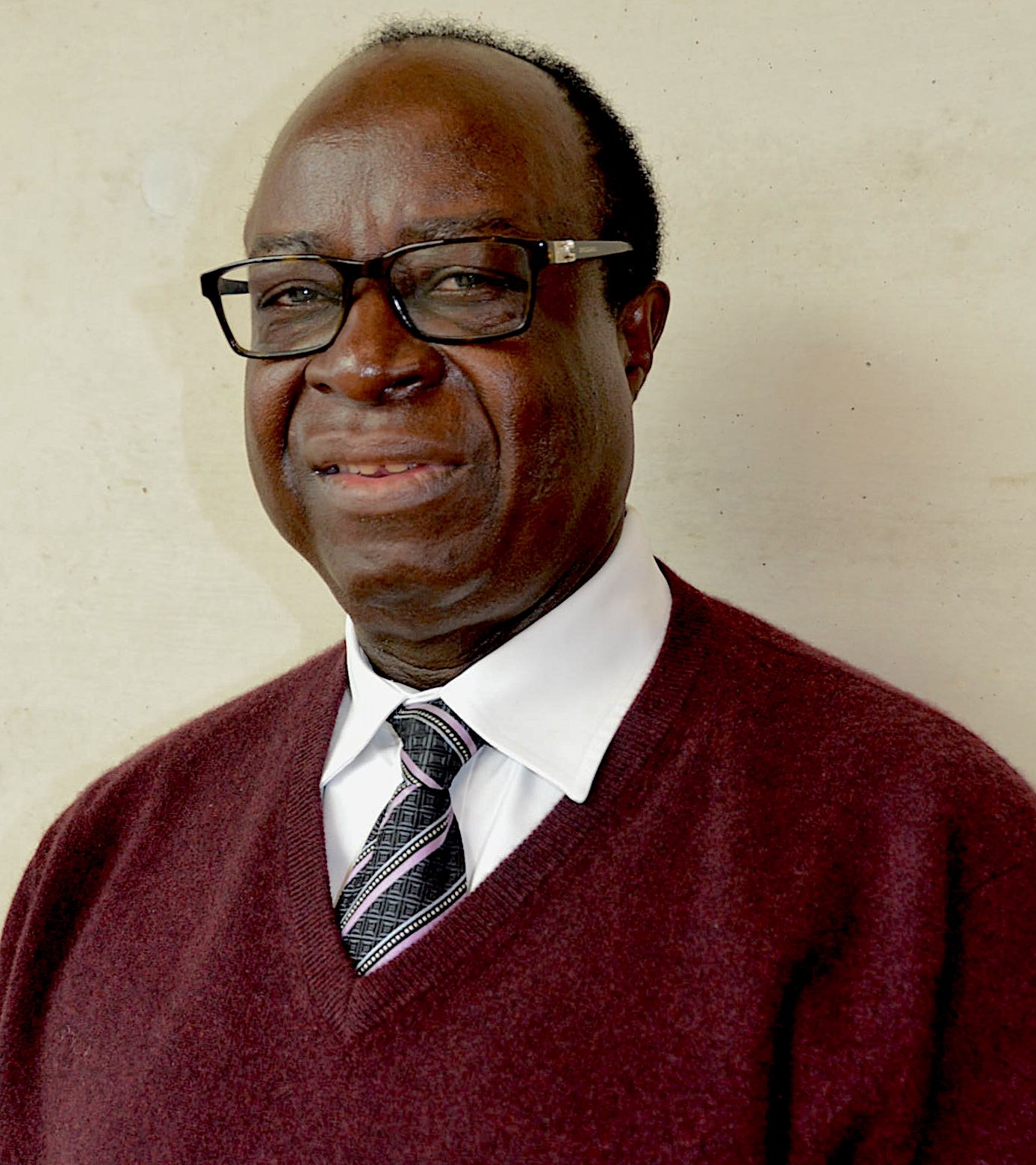
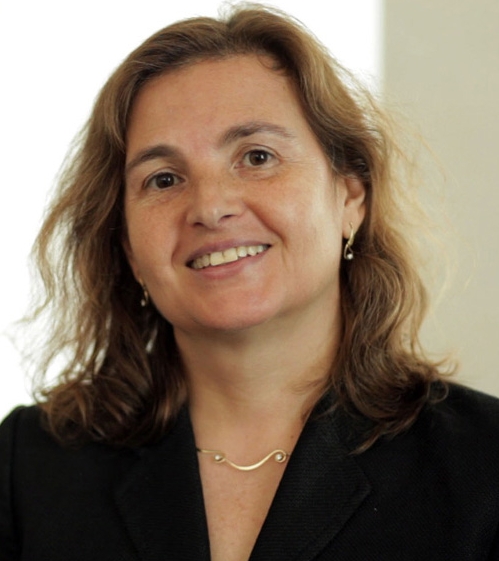
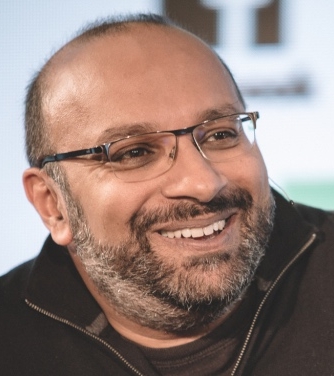
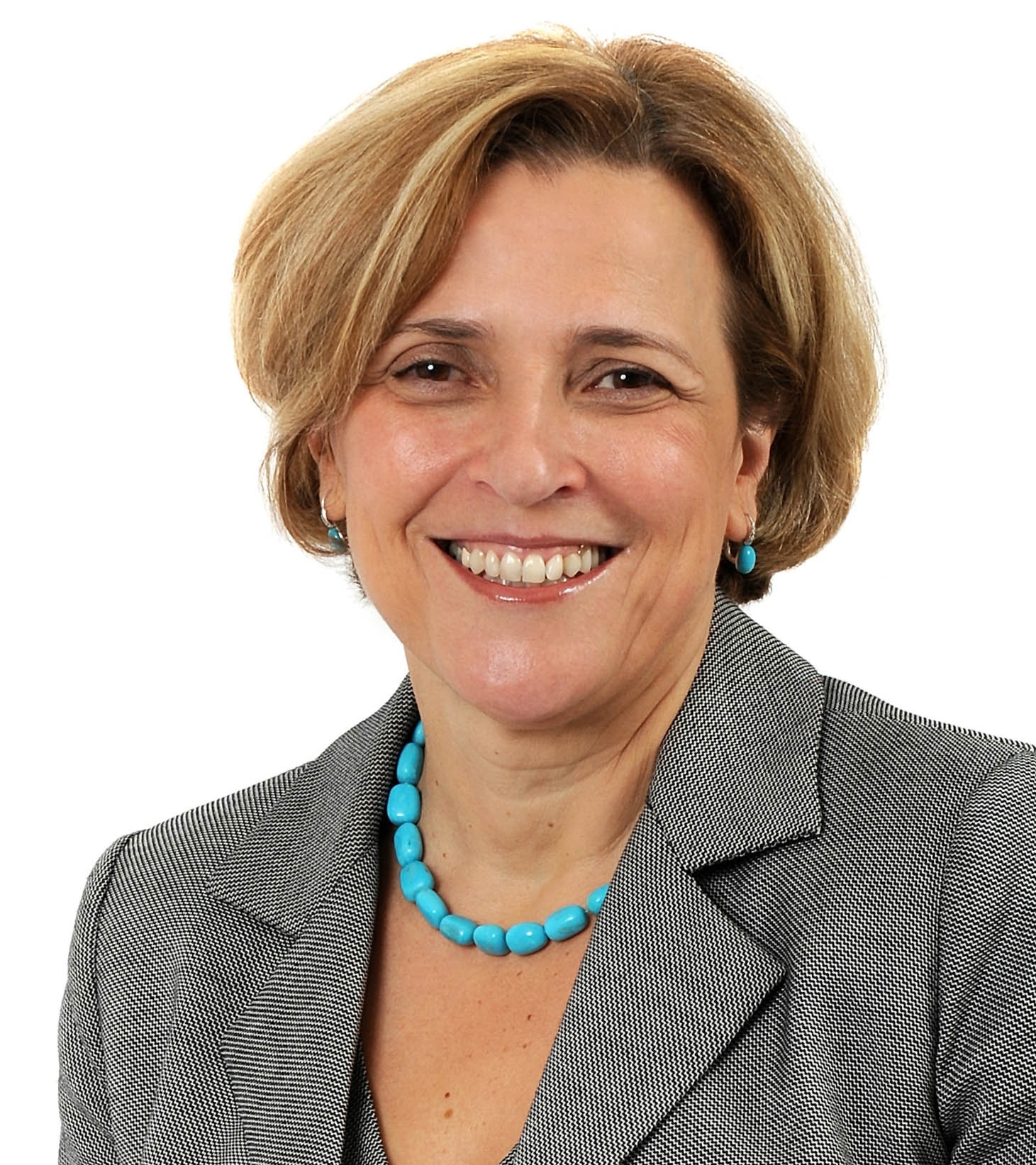
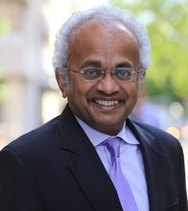

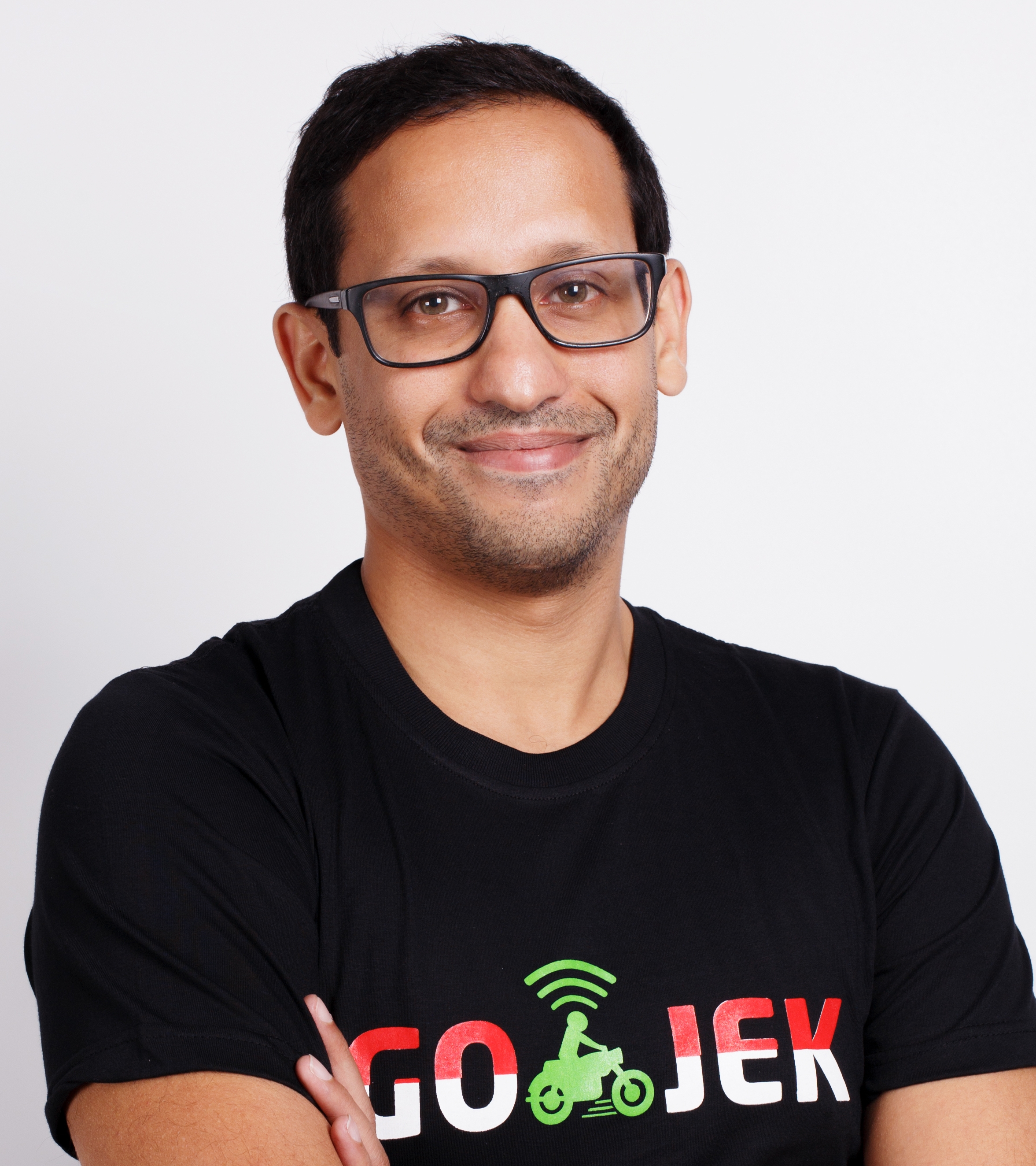
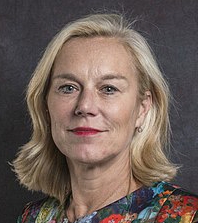
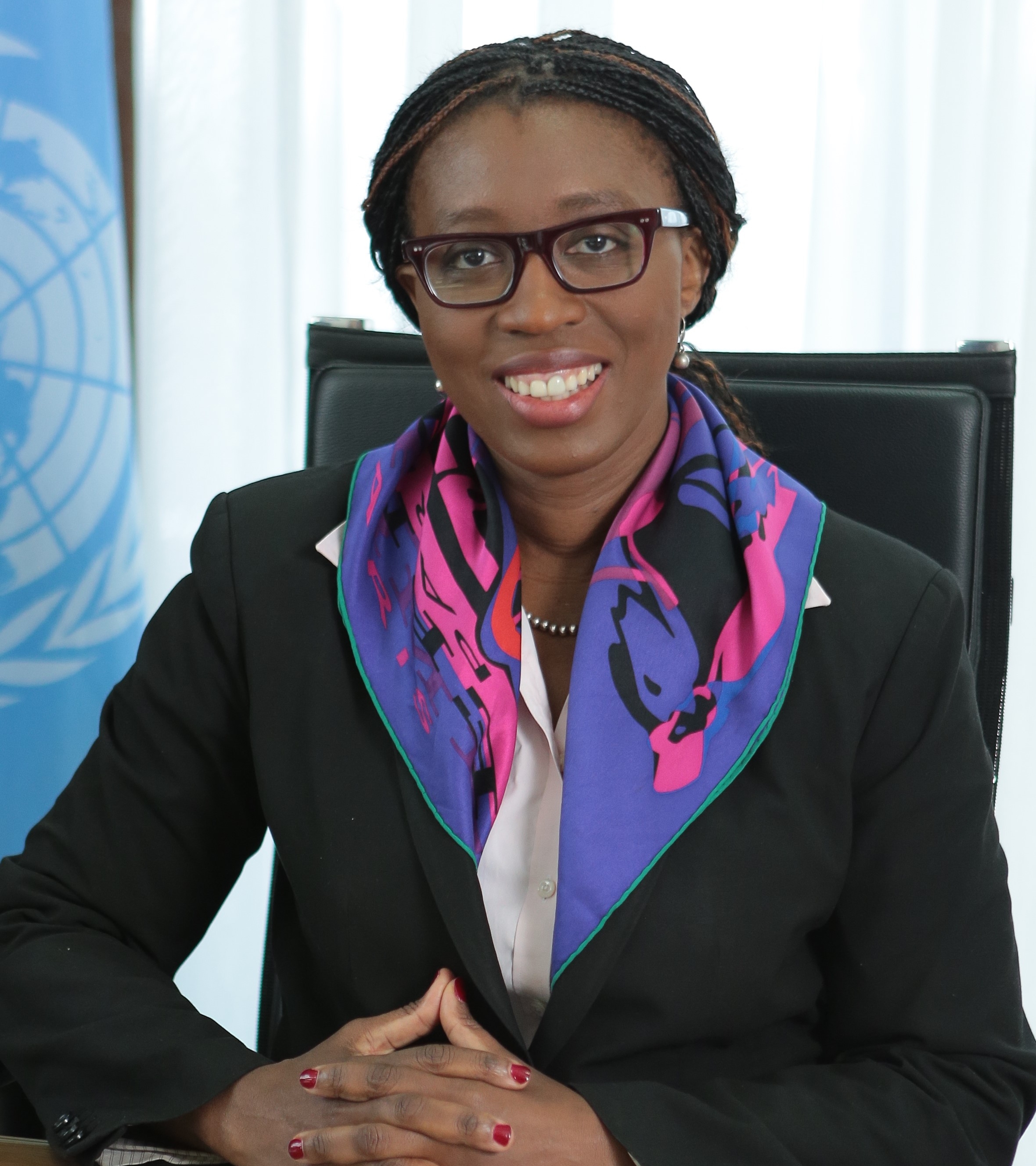
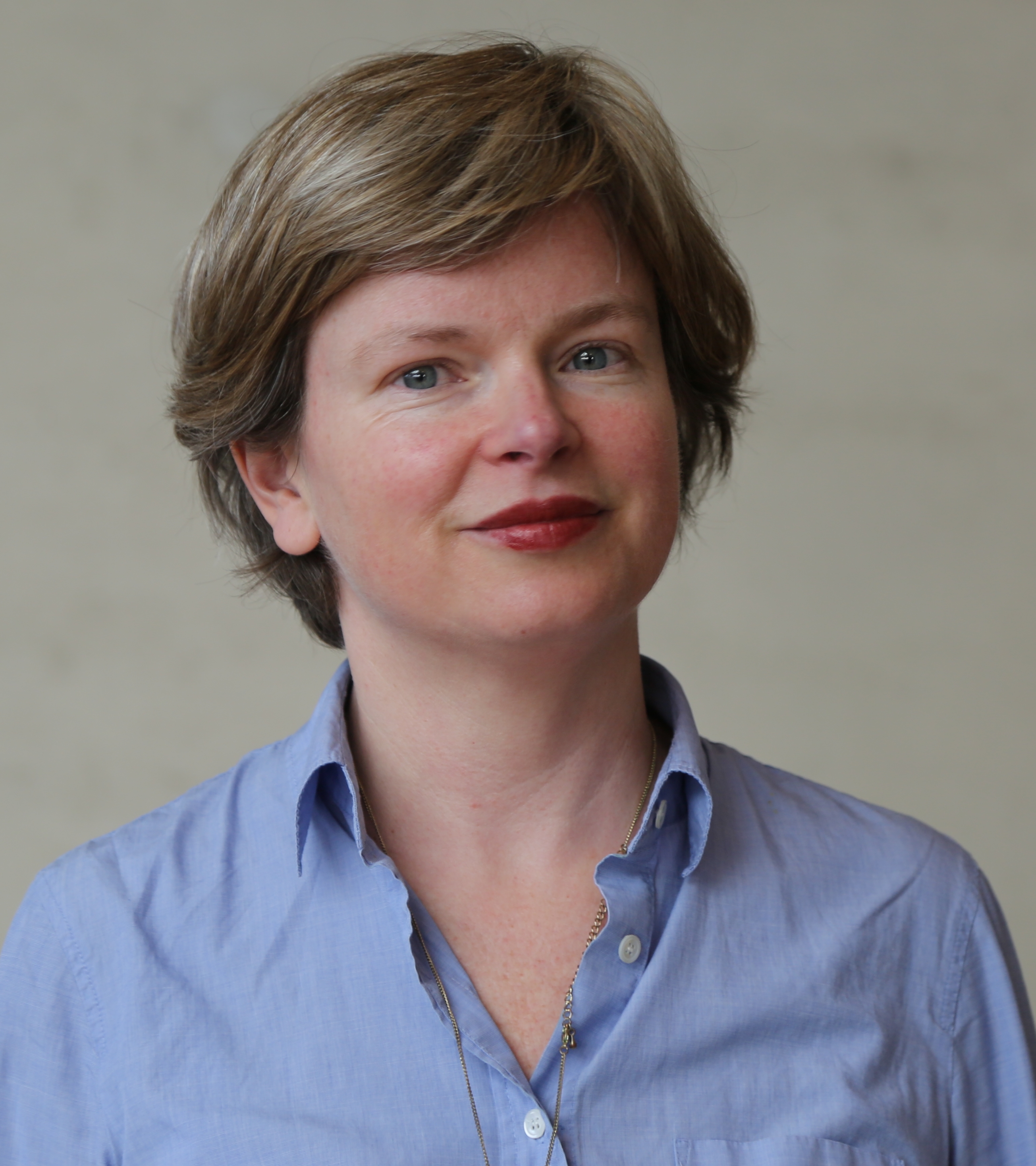
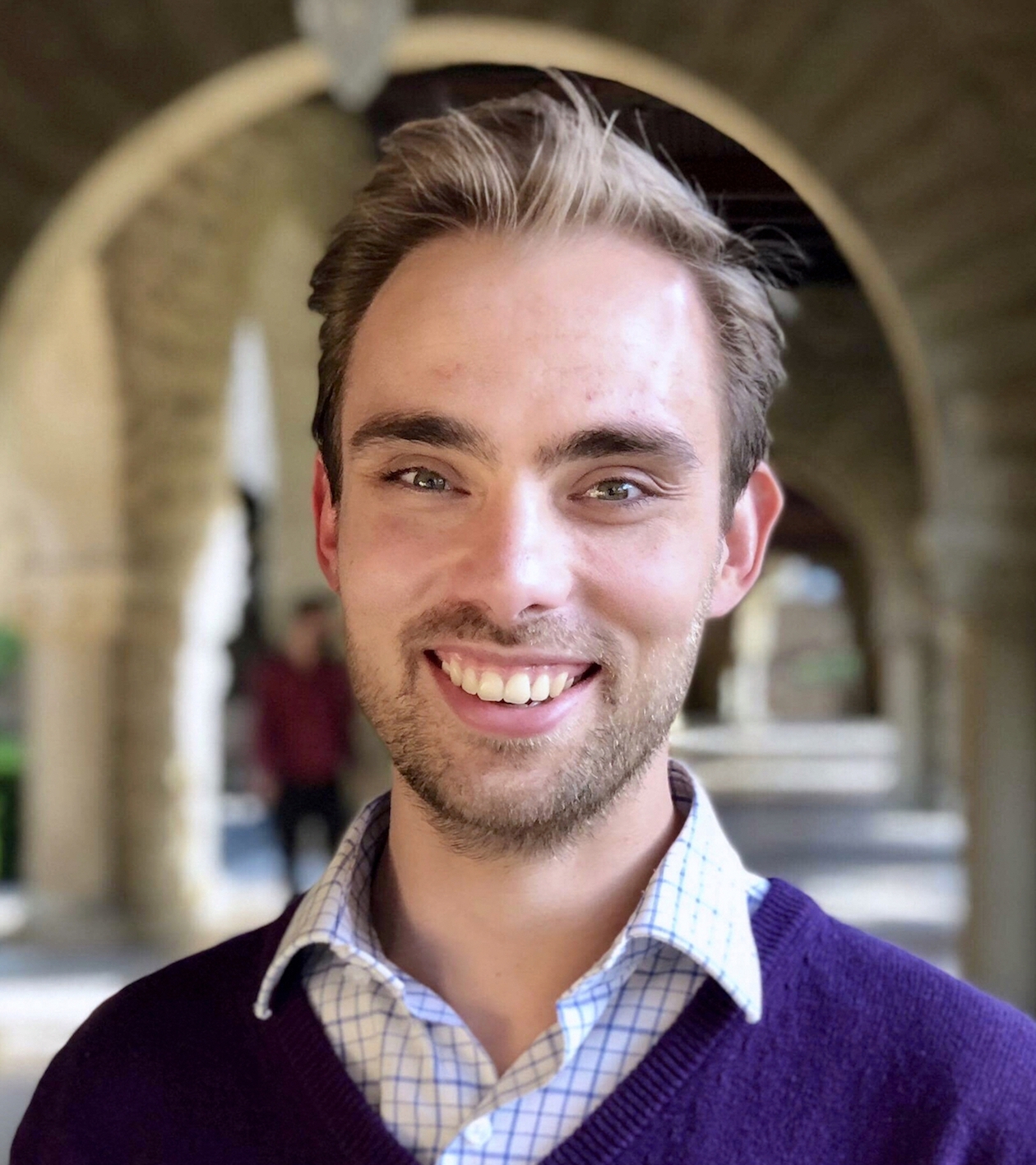

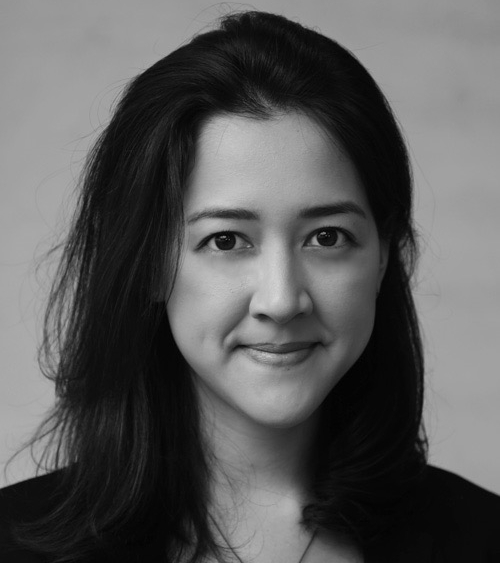
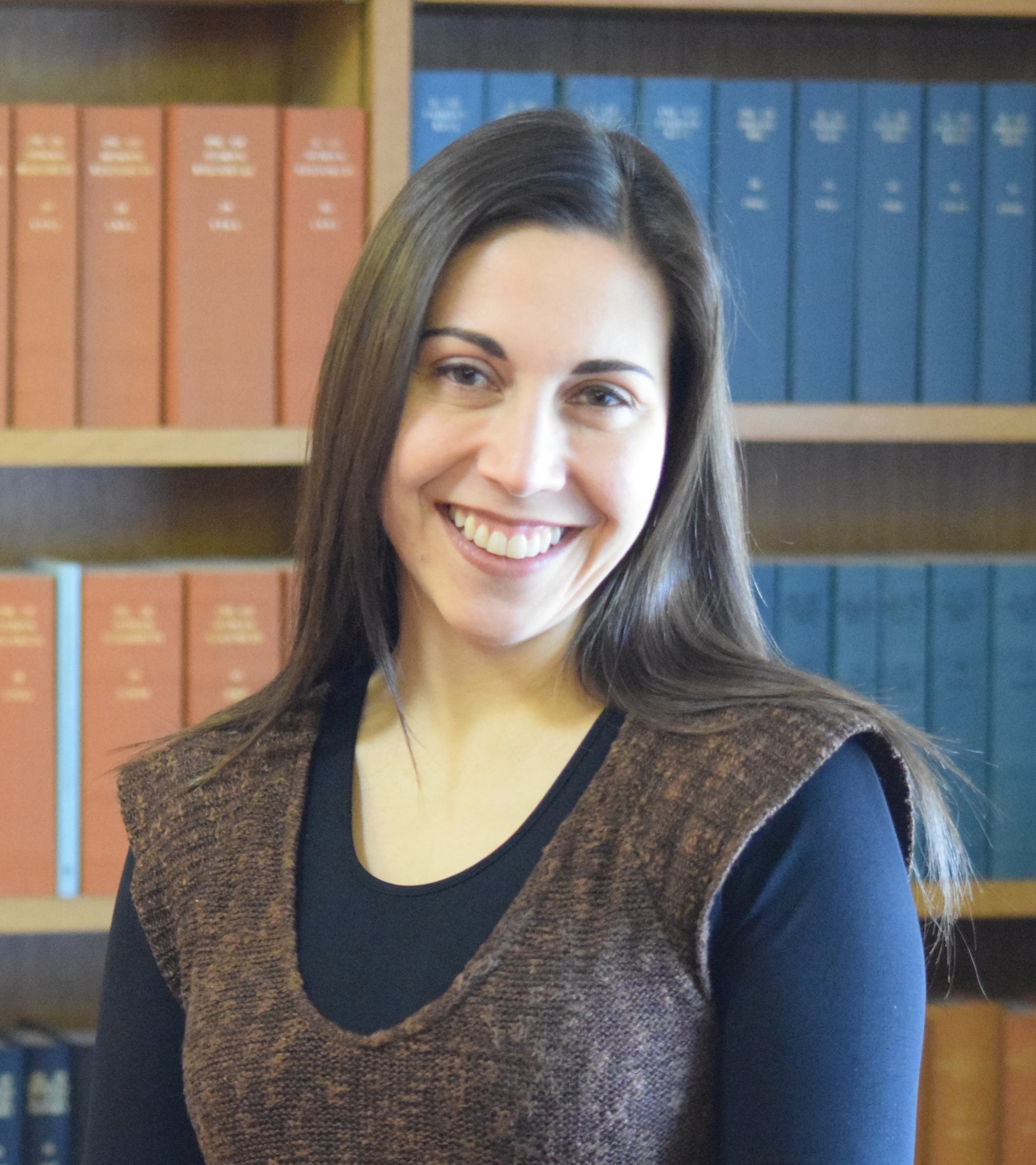
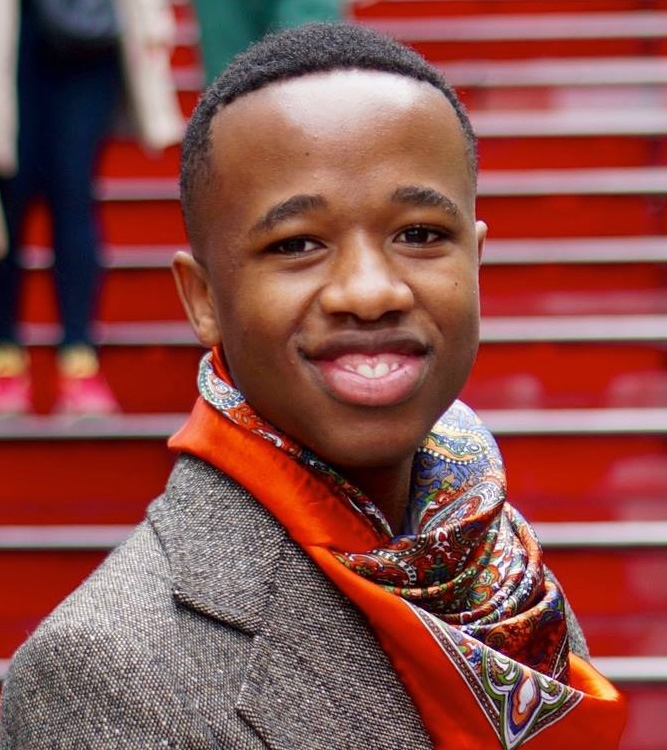

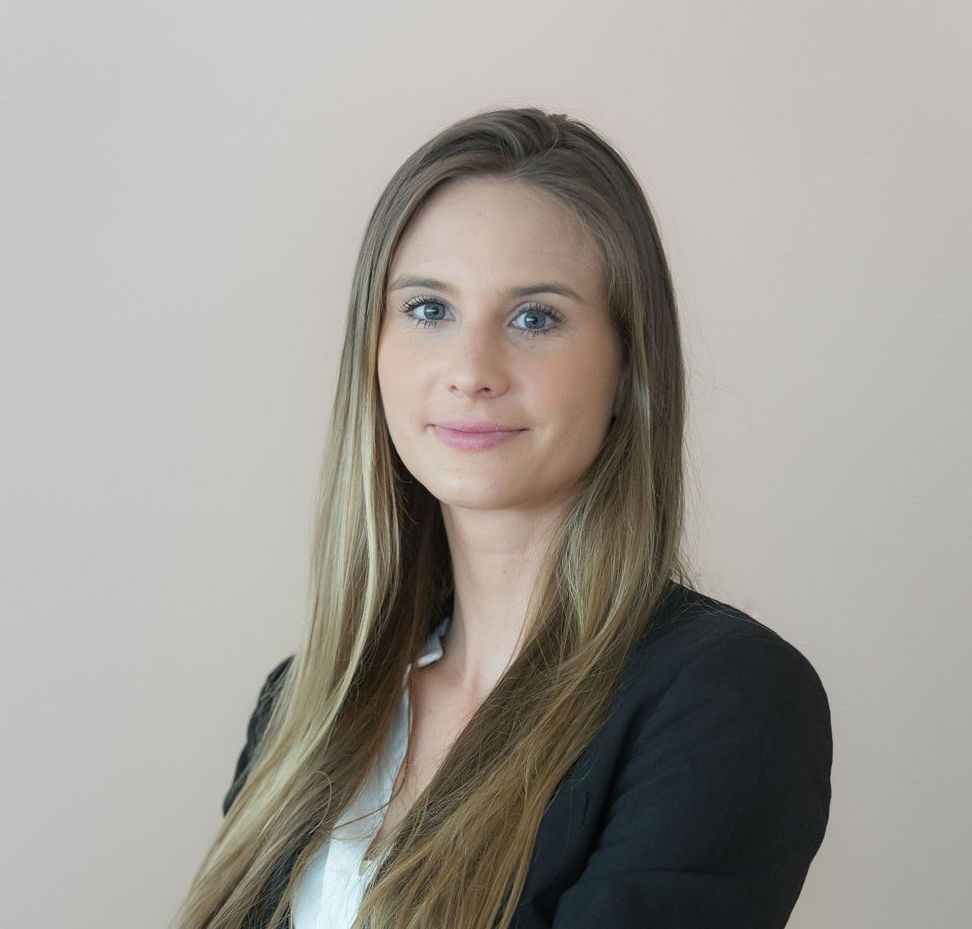

Founded at the University of Oxford in 2010, the Blavatnik School of Government exists to inspire and support better government and public policy around the world. The Blavatnik School teaches current and future public leaders through innovative programmes, conducts deep research into pressing issues facing policy makers around the world, and convenes leaders and experts to foster better public policy.
With a strong global outlook, the School combines insights from a range of academic disciplines and derives lessons from the public, private and third sectors.